|
Israel’s four-term Prime Minister Benjamin Netanyahu faced a strong challenge in yesterday’s election from a center-left coalition of former generals. While the final election results between the right-wing Netanyahu and the generals were very close, foreign affairs scholar Guy Ziv from American University writes that one thing about the election is clear: The military men opposing Netanyahu failed to use the one argument that could have given voters a clear choice – and fundamentally shifted Israeli politics.
Sudanese President Omar al-Bashir is facing an unprecedented popular uprising against his decades-long rule. The country’s academics are involved in protests that have brought hundreds of thousands of people onto the streets, though their role isn’t as big as it has been historically. Willow Berridge describes the instrumental role that they played in bringing down previous Sudanese regimes and negotiating the transitions that followed.
Meanwhile, Sudan’s neighbour Libya has problems of its own. It’s seen an escalation of conflict in recent weeks and the fighting is nearing the capital, Tripoli. Jacob Mundy explains that what happens next all depends on Khalifa Haftar, whose Libyan National Army now controls large swathes of territory.
|
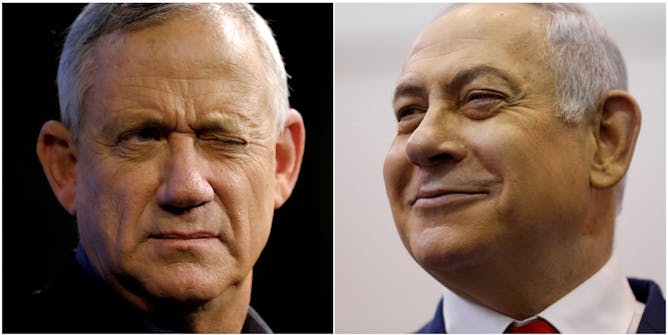
Benny Gantz, left, leader of the Blue and White party; Israeli Prime Minister Benjamin Netanyahu, right.
REUTERS/Amir Cohen, left; Ariel Schalit/Pool via REUTERS, right
Guy Ziv, American University School of International Service
They wanted to oust Israeli leader Benjamin Netanyahu in Tuesday's election, but the failure of three centrist generals to talk about key issues may have made Netanyahu the apparent winner.
|
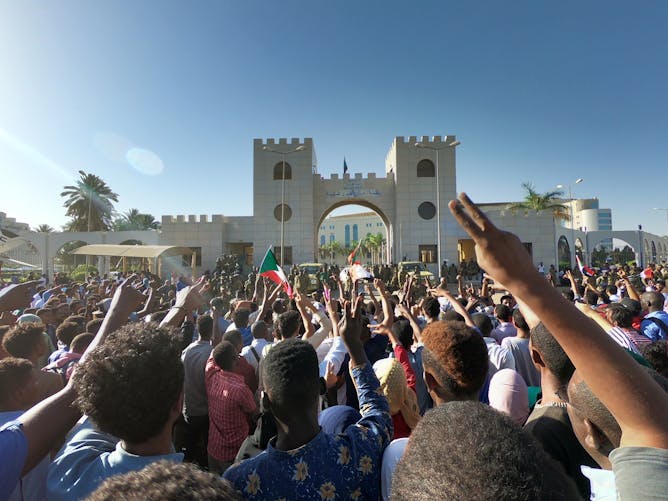
Sudanese protesters are demanding the departure of President Omar al-Bashir.
EPA-EFE/STRINGER
Willow Berridge, Newcastle University
Sudan's academics have been instrumental in bringing regime change and negotiating transitions.
|
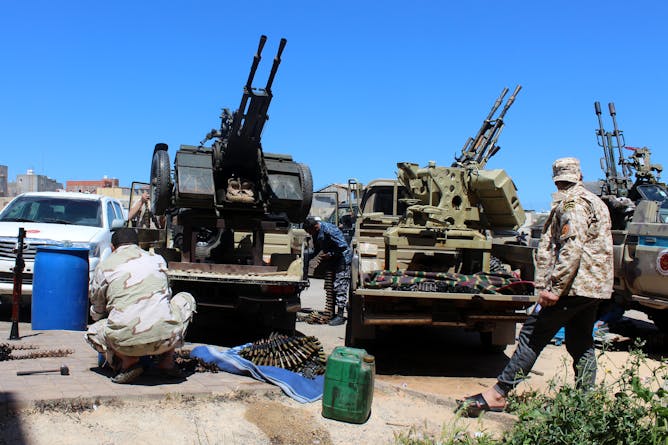
Militants stand on gun-mounted vehicles as they prepare to move to the frontline to join forces loyal to the UN-backed unity government, in Tripoli.
EPA-EFE/Stringer
Jacob Mundy, Colgate University
A serious concern is the possibility of a long, drawn-out siege of Libya's capital, Tripoli.
|
Politics + Society
|
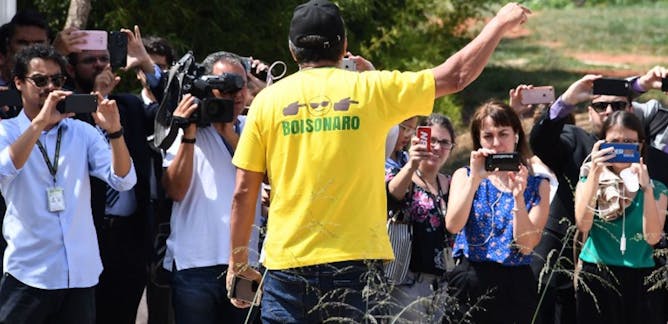
Marcos Barros, Grenoble École de Management (GEM)
In a context of defiance against media, how can journalists recover the public's trust and their image of "truth tellers"? Brazil provides a few examples.
| |
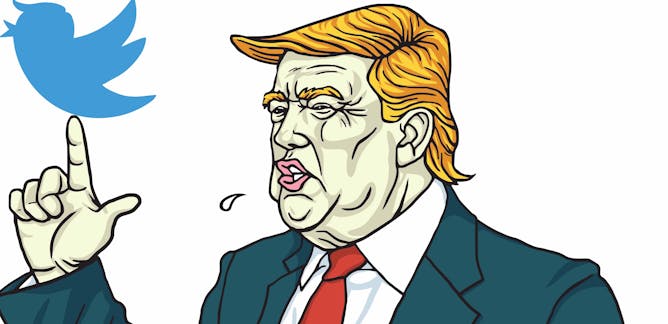
John Bryden, Royal Holloway; Eric Silverman, University of Glasgow
On the back of the Mueller investigation's apparent exoneration of the POTUS, here's another surprise.
|
|
|
Arts +Culture
|
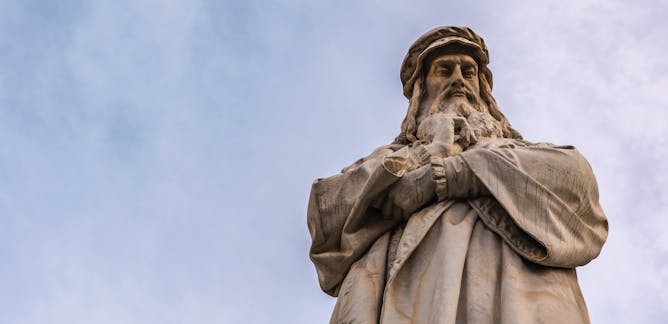
Richard Gunderman, Indiana University
Dead five centuries, Leonardo retains a rock star's fame, well known around the world by just one name. Here, some facts about the man and his legacy.
| |
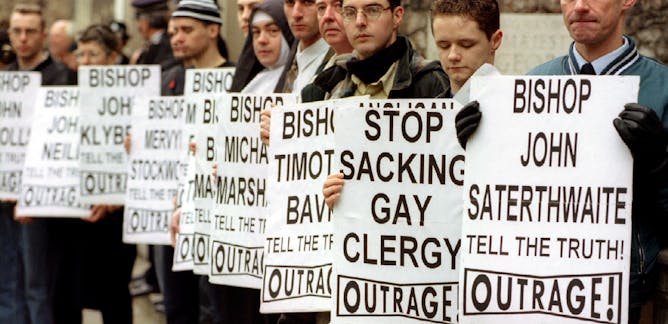
Lisa McClain, Boise State University
Pope Francis has discouraged homosexual men from entering priesthood. Prior to the 12th century, even celebrated priests could write about same-sex desires and the church paid little attention.
|
|
|